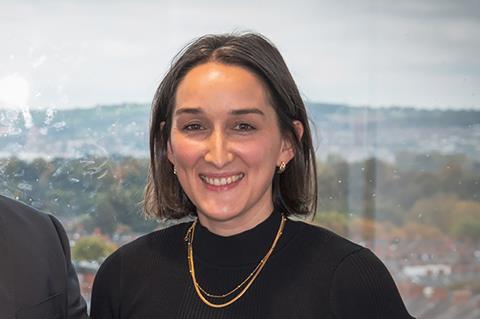
Who? Dearbhla Minogue, consultant solicitor, Bindmans, and senior lawyer with Global Legal Action Network.
Why is she in the news? The firm represented World Uyghur Congress in successfully challenging the National Crime Agency’s decision not to investigate whether imported cotton goods were the product of forced labour or other human rights abuses.
Thoughts on the case: ‘This is extremely significant for Uyghur people, who in their millions have been interned and subjected to involuntary servitude by the Chinese government. The court noted that there was agreement among the parties as to the severity of the abuses they face. The wider implications are seismic for supply chains tainted with serious human rights abuses because the court has confirmed that no matter how many hands property has passed through since its creation through criminal means, it remains criminal property. UK companies must take notice because many had a resting assumption that if they are far enough removed from the core crime, they are not liable – but the Court of Appeal has put paid to that assumption.’
Dealing with the media: ‘The media have been particularly interested in the plight of the Uyghurs because people are appalled by what’s happening to them and the disturbing parallels with the Holocaust. I think there was real surprise initially when in the High Court the National Crime Agency accepted that in principle cotton produced abroad through forced labour could be criminal property. This represented a startling precedent. It was also very significant to have media in the courtroom because this was the first international case which concerned the Uyghur genocide. The media is also always interested in the effect this case has on the high-street shopper. Hopefully the NCA will now investigate more of this cotton and ensure it’s not available to purchase in the UK.’
Why become a lawyer? ‘I wanted to play a part in advancing accountability for international crimes, because I read somewhere that the only thing that prevents people from committing crimes is individual criminal responsibility.’
Career high: ‘Getting to break the good news to my client in this case, Rahima Mahmut – she said she cried with joy. Winning a case like this after years of late nights was a great moment.’
Career low: ‘It is very difficult working in the field of international or transnational law knowing that only some victims will get justice, and that it is politics and diplomacy which ultimately decide who gets justice.’































No comments yet